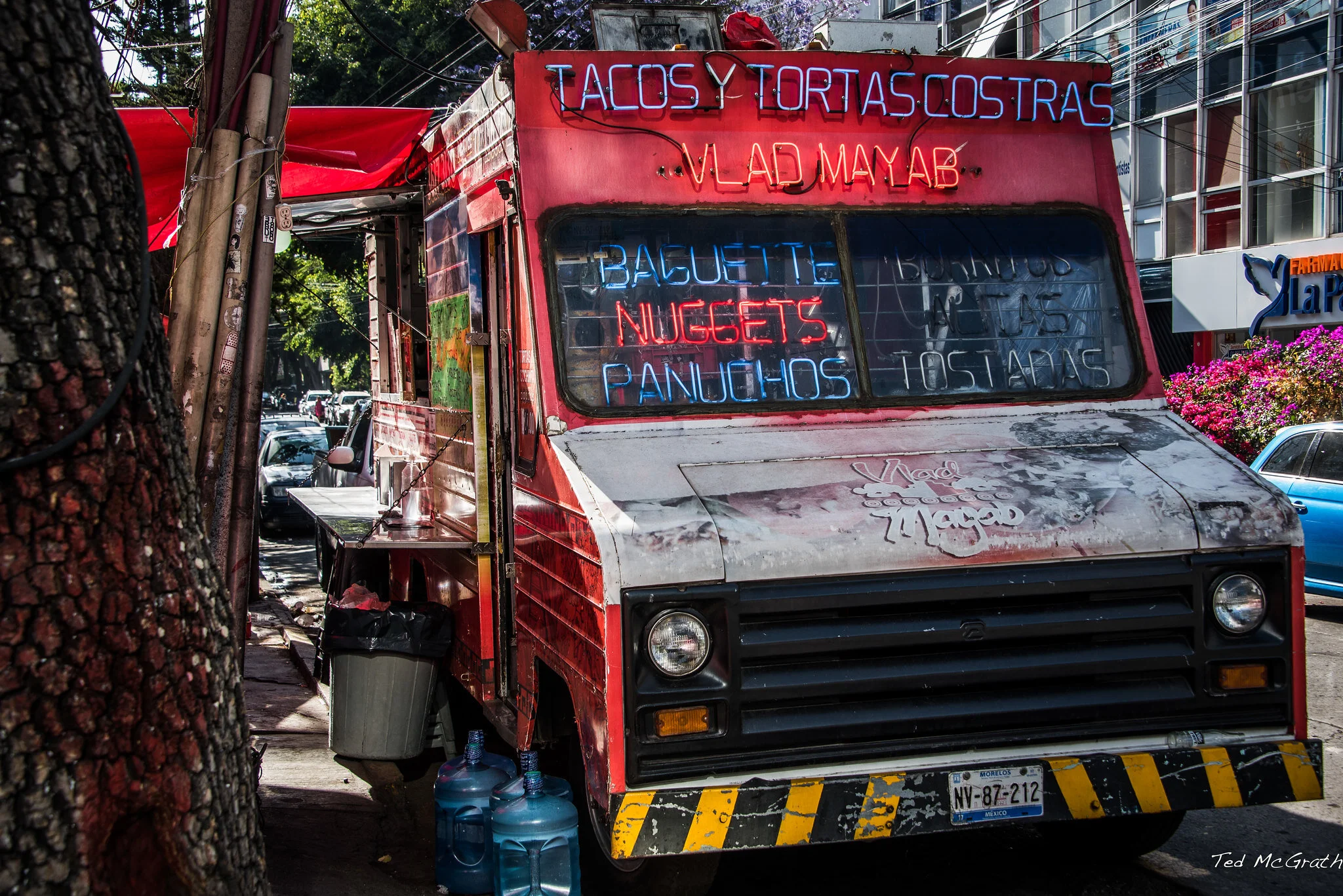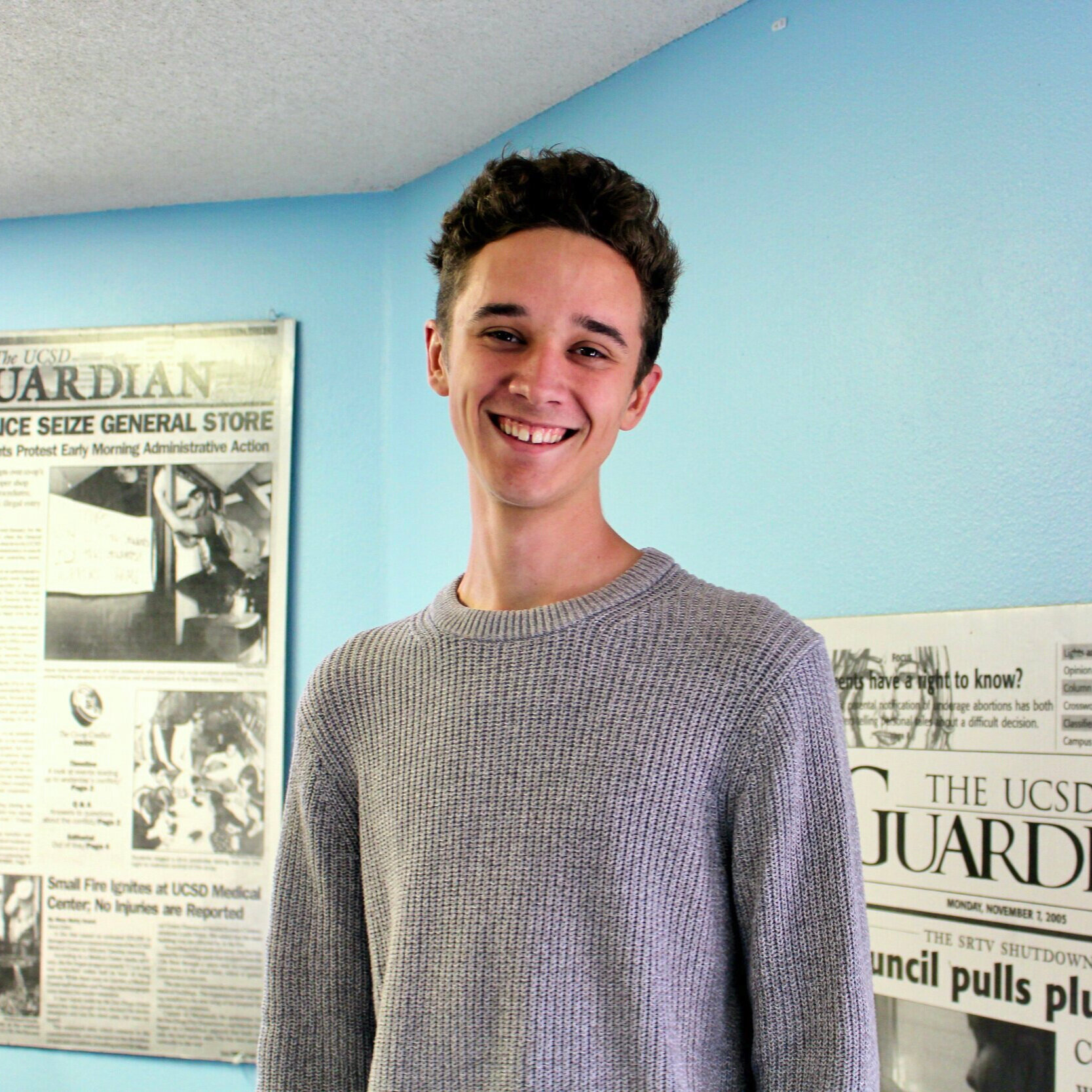With massive, man made indoor ski resorts, skiing is no longer a winter-only sport.
Ski Dubai. Neekoh.fi. CC BY 2.0
In 1927, Vienna, Austria opened up the first indoor ski slope called Schneepalast. The slope was 65.6 feet tall, and the building was eventually destroyed, but the idea has stayed around. People have improved on it by creating larger and larger indoor ski slopes for people to enjoy not just during the normal skiing season, but also in warm temperatures where and when snow doesn’t fall. Indoor ski resorts are all over the world, with at least one on every continent. Ski Dubai in Dubai, United Arab Emirates was voted the best indoor resort back in 2016 and 2017, and it used to be the biggest, though Harbin Wanda Indoor Resort in Harbin, China surpassed Ski Dubai in 2017. Wintastar Shanghai in Shanghai, China is currently on track to being the largest once it is completed in 2022. There are also indoor slopes that are meant only for practice in the summer. These are training centers for athletes, without man-made snow and more akin to treadmills.
Though an indoor resort will likely never be as large as an outdoor one, Ski Dubai is one of the largest indoor ski resorts in the world. It is the first indoor ski resort in the Middle East, featuring a chairlift, a freestyle snowboarding area, an area for toboggans and snowball fights, an indoor zipline and five ski runs, including a black diamond run, the highest level of difficulty in skiing. Ski Dubai also has a penguin colony of Gentoo and King penguins that people can meet and interact with. Though not the only indoor ski resort with penguins, Ski Egypt has Gentoo and Chinstrap penguins, which is the most well-known. The entire area is extremely family friendly, which is why it continues to be one of the most popular attractions in Dubai.
King Penguins at Ski Dubai. Pranav Bhasin. CC BY-NC-ND 2.0
For an avid skier, indoor skiing might be a very interesting experience, but it doesn’t come close to skiing on an actual mountain. Having such a limited space can lose interest towards experienced skiers, but less experienced people tend to enjoy indoor resorts more. Another factor that could affect this is that skiing on fake snow is different than skiing on real snow.
Fake snow is stickier than real snow, and it’s much harder and more packed. Skiing on it isn’t as smooth as on real snow. The composition of real snow is around 10% ice and 90% air, but man-made snow is closer to 30% ice and 70% air. Of course, indoor ski slopes can’t exactly use real snow, so these resorts are made entirely of this kind of snow. However, since it is still snow, it will melt in heat. Indoor ski resorts have to be cold to maintain it. Ski Dubai stays at a constant -4Celsius, or 24.8 Fahrenheit. Therefore, despite being located in the desert, the inside of Ski Dubai is fairly cold and a stark contrast to the outside heat.
Katherine Lim
Katherine Lim is an undergraduate student at Vassar College studying English literature and Italian. She loves both reading and writing, and she hopes to pursue both in the future. With a passion for travel and nature, she wants to experience more of the world and everything it has to offer.
















